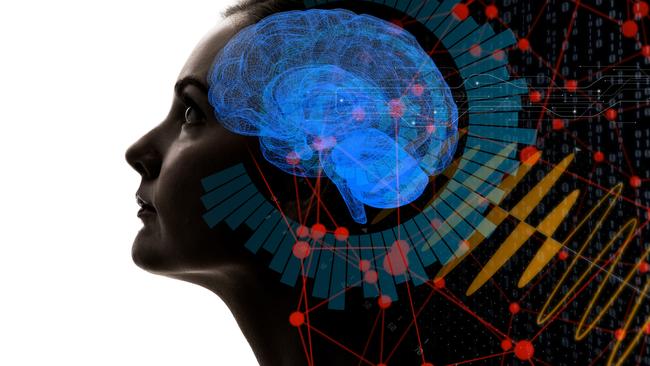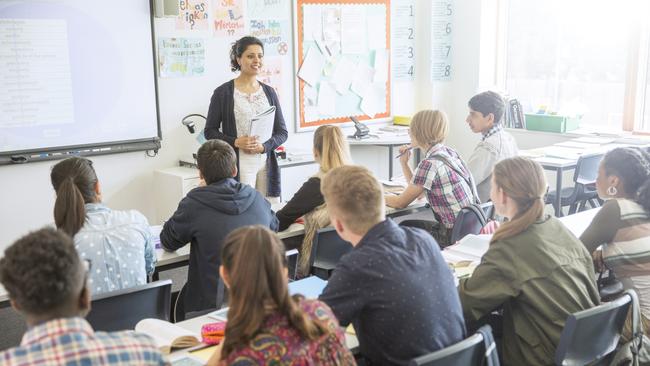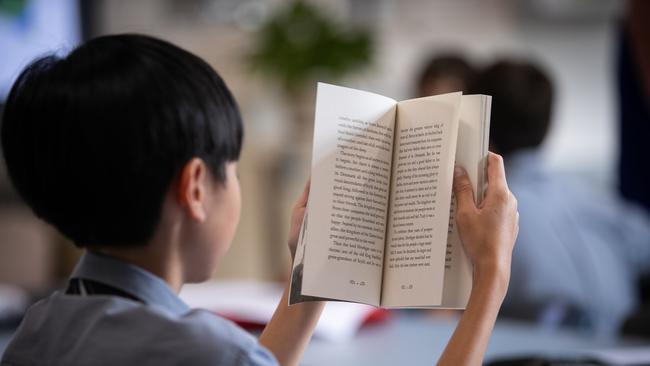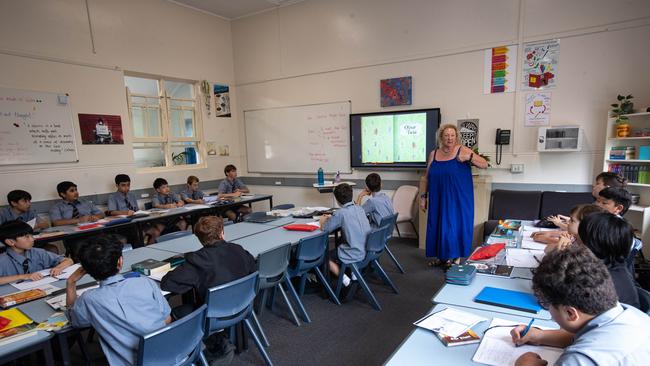
In many ways, AI is the next chapter of the internet revolution.
But in Australia and many other parts of the world, the next generation who must adapt and take advantage of the AI revolution are being woefully underprepared because of breakdowns in the education system.
I will discuss below some of the most obvious looming employment and societal AI transformations, but the overall severity of impact on the society will depend on whether we provide the up-and-coming generation the tools to enable them to adapt to this fundamentally changed society. That’s what we did in the 20th century, but I fear we have forgotten that lesson.
It so happened that I was in Brisbane last week and I engaged in conversation with a part-time elderly state system teacher who was helping children in grade one to read and write properly because they had not been properly taught those skills at the prep level and kindergarten. This is an Australia-wide potential disaster.
She told me about one quarter of last year’s former preps were behind in these fundamental skills and unless they are quickly helped to catch up it will be too late. The numbers will increase to eventually become part of the 43 per cent of 15-year-old students in Australia whom the OECD says are not proficient in reading. They will be the flotsam and jetsam of the 21st century.

My guess is large numbers of students in the current 43 per cent reading poor basket are likely to be the main contributors to youth crime, family violence and other current societal tragedies.
It’s easy to blame the teachers, but in most states few of them were taught to teach during their training periods and society removed from the teaching manual the tried and true reading teaching system called phonics.
The replacement systems proved to be not nearly as good for many struggling students.
In the name of human rights, we made it very difficult for teachers to discipline classes and allowed our teachers to be mistreated by some parents.
Not surprisingly, teachers are leaving the state systems and some parts of the independent school system.
The generations in the last two centuries made fundamental mistakes in adapting to their parts of the industrial revolution, but they learned valuable lessons. These much-needed examples of successful adaptation are being cast into a historical dustbin by too many current educators in favour of politically correct agendas.
The referendum showed that 60 per cent of Australians are beginning to fear the dangers in the way we are approaching the 21st century and the poverty we are handing down to our underprepared children.

I work in an industry, media, which will be one of the first impacted by AI.
Increasingly online and streaming data is being digitised and from that data advertising campaigns will be prepared using AI.
Last February, I isolated one small part of the media digitising revolution under the heading “Free-to-air TV facing threats from streaming and targeted advertising”.
It goes much further, as routine news items may be assembled and presented by AI. Probably the next industry to be affected will be medical where, again, a lot of data has now been collected that AI can analyse.
There will be AI mistakes, and we saw the impact of such mistakes in bad Bureau of Meteorology forecasting last summer. I explained how some of the mistakes were made on February 5.
In these and similar commentaries, I concentrated on what was happening in a particular industry, not realising that what I was describing were linked as early signals in the AI revolution.
Of course, from there we extend the AI revolution into vast numbers of data-linked office functions, particularly those that can be done at home. I’m told that that security guards watching television screens can be replaced by AI.
Last century in the electricity revolution, we stepped up our education so that people had the knowledge to harvest this new energy form. That’s exactly what we should be doing with AI, but, at least in Australia, we are dumbing down the society which is a very dangerous strategy.
Students need to be inspired by those that in the past succeeded in adapting their careers and the nation to the new technologies.
AI will be different to previous revolutions, but the principles of adaptation will be the same.
The situation is made more complex by the fact that AI itself will require vast amounts of electricity, to add to the increasing amount required in transport and other areas.
Globally, what is so exciting is that AI is helping us develop at a much faster rate.
Techniques to generate vast quantities of electricity without carbon dioxide emissions.
Other parts of the world have educated their leaders on this development, and so they are diversifying their lower emissions electricity sources so they will be ready for the improved technologies.

Canada is the best example of how to do it, and Australia is arguably a good example of how not to do it.
We need to bring Canadians out here and take them around our educational institutions to help prepare the up-and-coming generation to the diversified global energy strategies required in conjunction with AI.






Whether we like it or not, artificial intelligence is going to transform our 21st century society in a similar fashion to electricity, steam and the printing press in previous centuries.